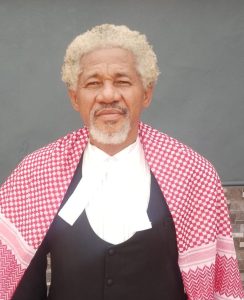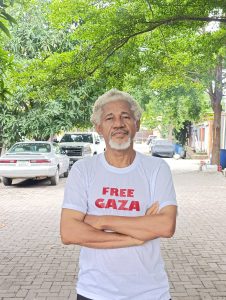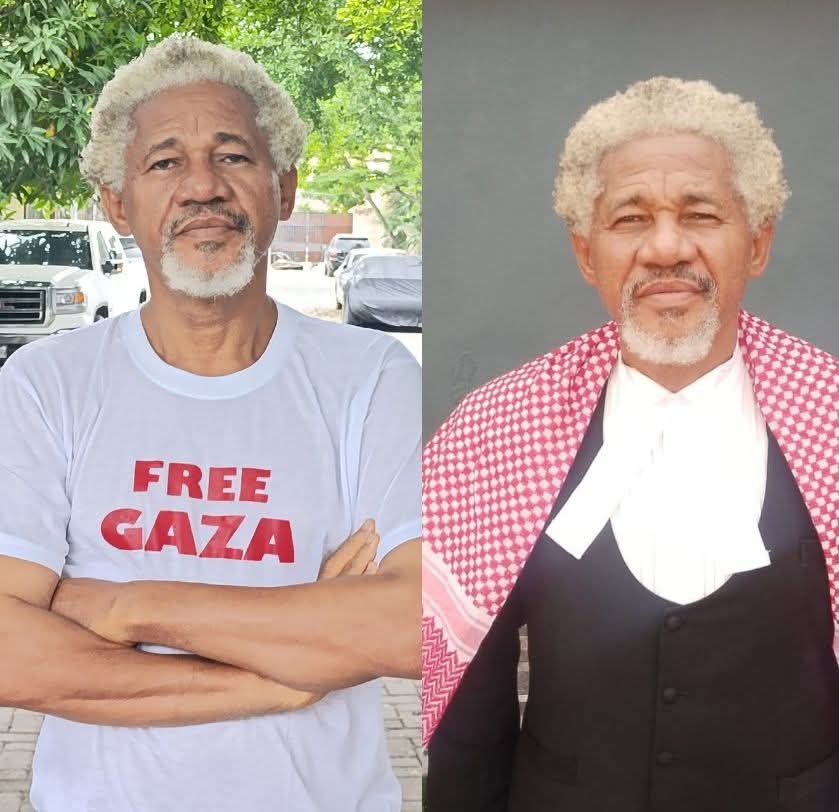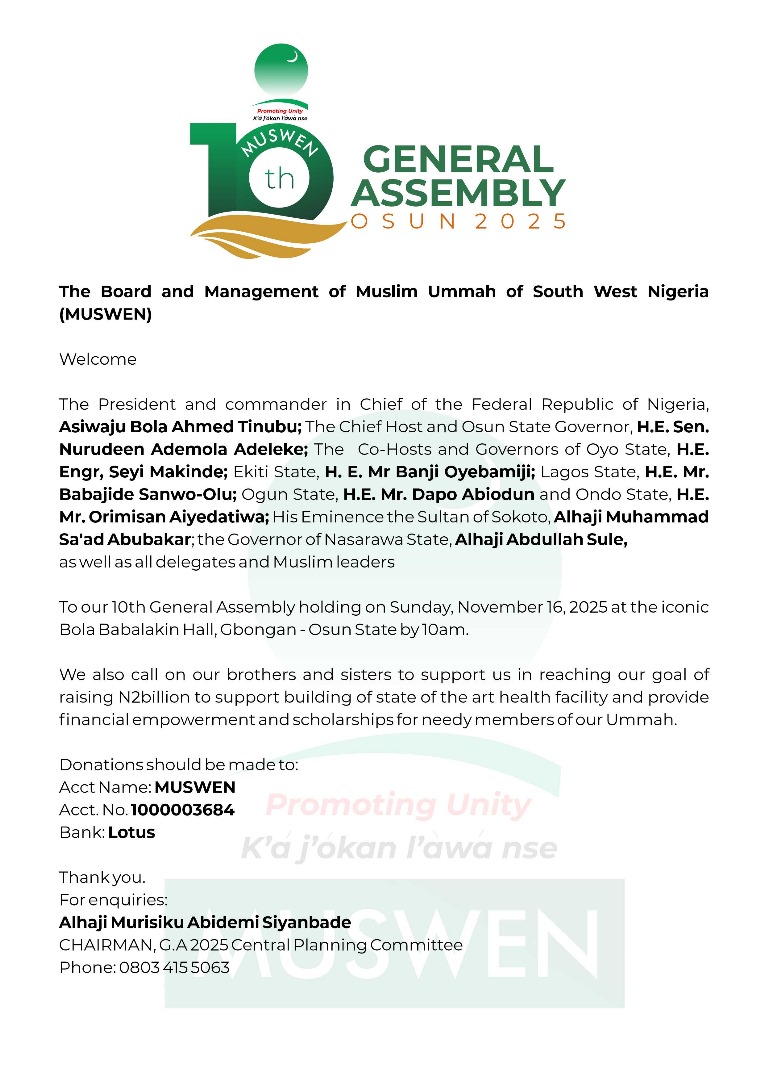– Previously wore masquerade attire to court in protest against hijab
– Wears Free Gaza T-shirt to demand end to killing of Palestinians
– Says criticizing Israel not antisemitism but stand for justice
Human rights lawyer and activist, Malcom Omirhobo, has stated that condemning Israel’s genocidal war on Gaza and supporting Iran in the face of unprecedented military aggression is not antisemitism but a principled stand for truth and justice.
Omirhobo stated this in a series of tweets on his verified X (formerly Twitter) handle, insisting that speaking against Israel’s war crimes and the U.S’ bombing of Iran should not be mischaracterized as hate speech.
Some netizens, displeased with Omirhobo’s outspoken stance, have taken to social media to express their disapproval, with many threatening to unfollow him.
They accused him of being biased and insensitive for criticizing Israel and supporting Iran, despite the context he provided.
Muslim News gathered that the backlash reflects the deep polarization and widespread misunderstanding surrounding the Israel-Gaza conflict and Iran’s role in Middle Eastern geopolitics.
In response, Omirhobo remained defiant. He asserted that being unfollowed or criticized would not silence him or deter his commitment to justice and human rights.
He reaffirmed his call for an immediate ceasefire in Gaza and condemned the double standards of global powers, particularly the United States.
To further demonstrate solidarity, he was seen wearing a “Free Gaza” T-shirt – an act reminiscent of his dramatic 2022 protest, where he appeared at the Supreme Court dressed as a traditional worshipper to challenge the court’s ruling on the hijab controversy.


According to him, symbolic resistance has always been part of his advocacy toolkit.
Omirhobo also took a swipe at those who once celebrated him for standing against perceived religious injustice but now vilify him for denouncing Israeli aggression.
He criticized what he described as the selective outrage of many Nigerians, especially among some misinformed Christian communities, who view support for Palestine or criticism of Israel through a religious or political lens rather than one rooted in justice and international law.
According to him, “I am not antisemitic for criticizing Israel over her war crimes in Gaza. I am not antisemitic for standing with Iran against Israel’s unprovoked attacks. I am not antisemitic for condemning the United States of America for bombing Iran,” he declared.
Omirhobo listed a series of factual arguments to justify his position. He noted that Iran signed the Non-Proliferation Treaty (NPT) and allows inspections by the International Atomic Energy Agency (IAEA), while Israel has refused to sign the treaty or allow inspections. He emphasized that while Israel possesses between 75 to 400 nuclear warheads, Iran has none.

He pointed out that Israel has unlawfully annexed Palestinian, Syrian, and Lebanese territories through war and conquest, contrary to international law, whereas Iran has not. According to him, it is Israel, not Iran, that poses an existential threat in the region.
He further described Israel as a racist state operating an apartheid system on illegally occupied land, while asserting that Iran does not engage in such practices.
Omirhobo accused Israel of genocide and ethnic cleansing against Palestinians, crimes he claimed Iran has never committed.
He also highlighted that Israeli leaders have been declared international fugitives wanted for war crimes, while Iranian leaders have not been indicted by international courts.
He added that for over four decades, Israel has engaged in a systematic campaign of disinformation and demonization of Iran, a tactic Iran has not reciprocated.
“So what are we talking about? Why is the whole world condoning Israel? Why are we afraid or shy to condemn it?” he asked, urging the public not to be swayed by fear or political correctness. “Let us stand on the side of truth. It is not antisemitic to condemn Israel.”
Omirhobo’s statement adds to the growing discourse on global accountability and the need for consistency in the application of international law, particularly in the context of the Israel-Iran conflict and the broader Middle East crisis.







